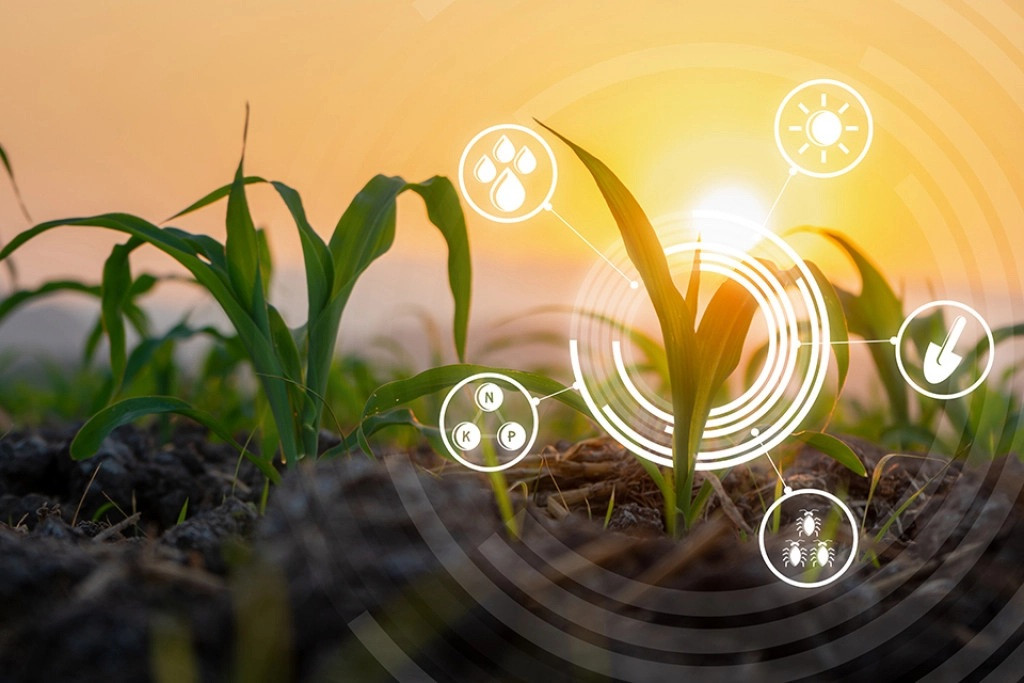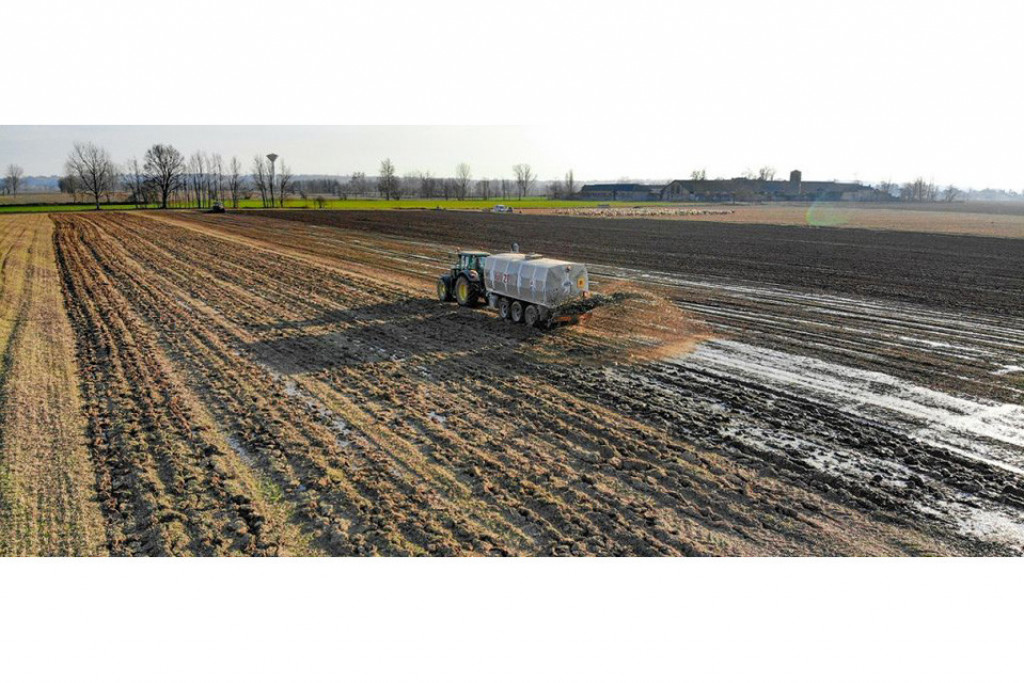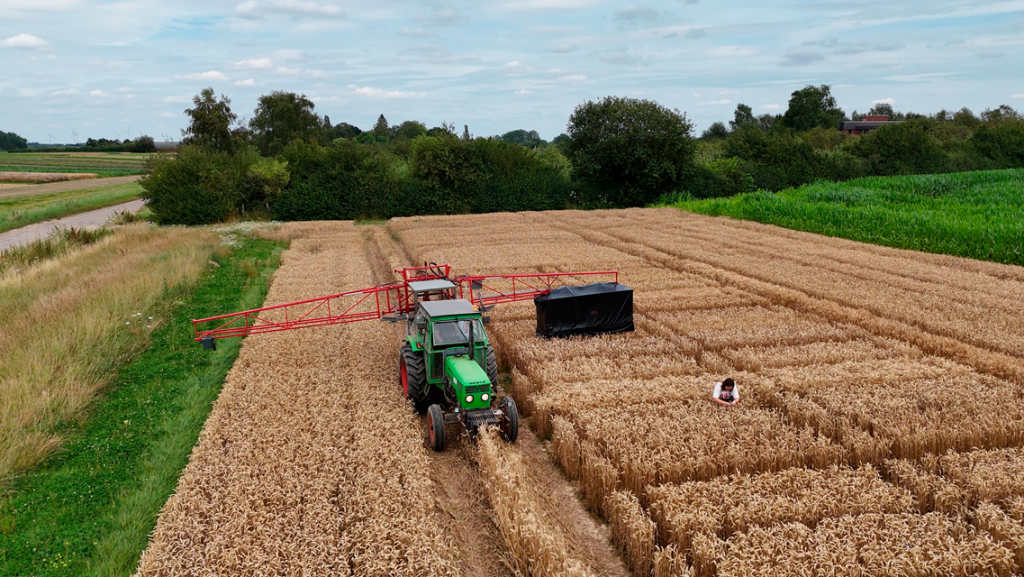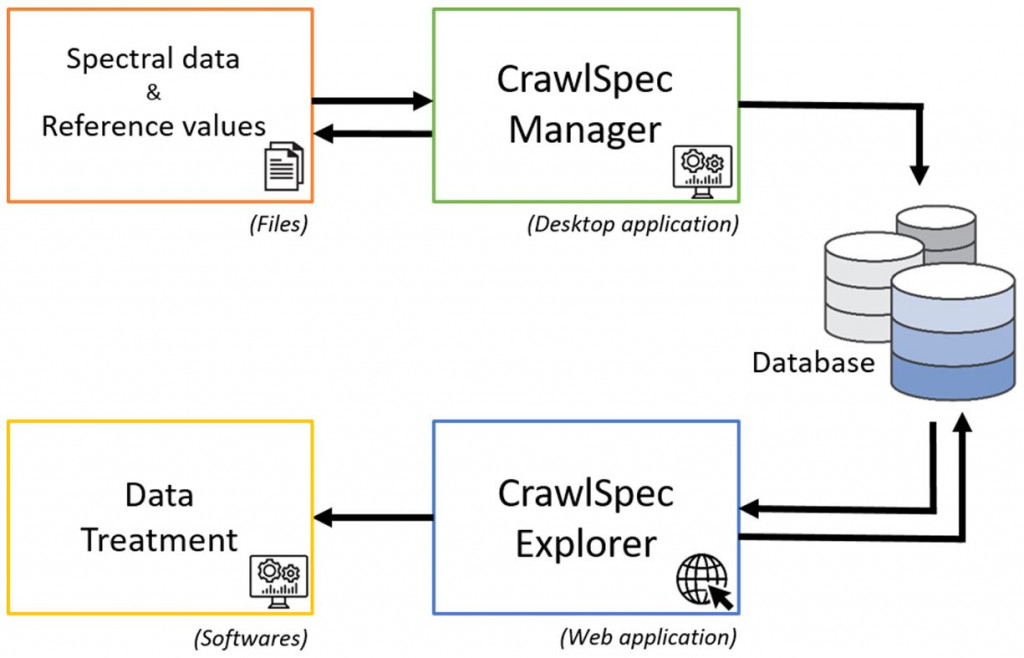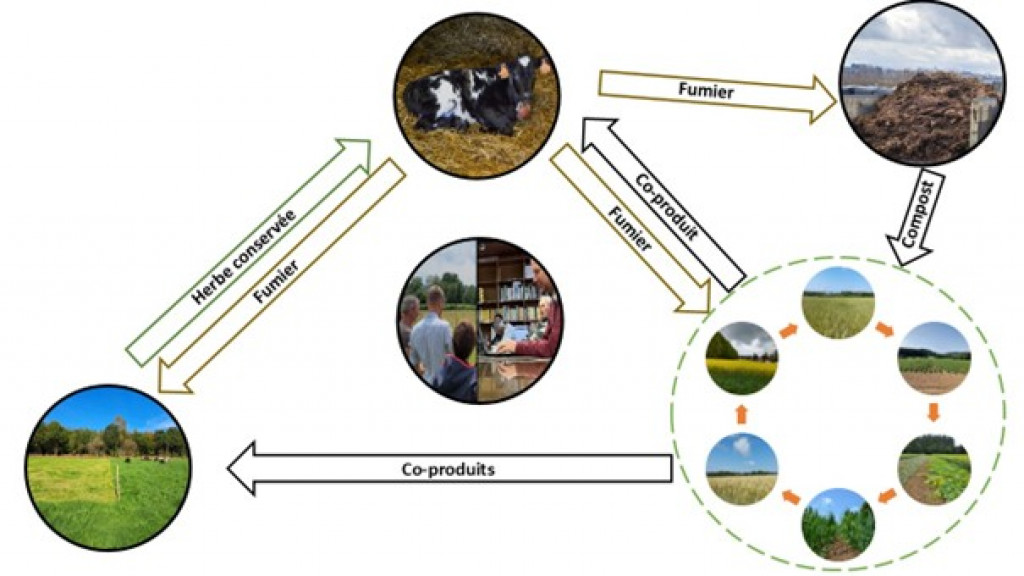Context
SaveCrops4EU, an innovative component of ESA's Digital Earth initiatives, aims to transform agricultural decision-making. By developing detailed digital representations of crop ecosystems, this project serves as a catalyst for sustainable agricultural practices, aligning with the objectives of the Common Agricultural Policy (CAP) and the European Green Deal.
Objectives
Structured around three technical pillars (monitoring, forecasting, and scenario analysis), SaveCrops4EU addresses the challenges posed by climate variability while enhancing agricultural resource management. One of the major focuses of this initiative is the continuous monitoring of crops at the plot level, made possible through the seamless integration of diverse Earth Observation (EO) data streams. Advanced algorithms and hybrid modelling techniques will enable accurate yield production forecasts at a regional scale, both before and during the growing season. These advancements promise a significant improvement in agricultural foresight.
Planned tasks
One of the central pillars of SaveCrops4EU focuses on the development of specific stress indicators to quantify crop water and nitrogen status, facilitating informed decision-making. The project will also integrate crop growth models based on physical principles, combined with EO and in-situ data, using stochastic data assimilation methods. This will allow the generation of prospective "what-if" scenarios to assess the impacts of abiotic stress factors such as drought and heat.
By examining four specific European use cases—crop nitrogen stress management, water stress mitigation, yield estimation, and implications for CAP controls—SaveCrops4EU aims to engage in dialogue with stakeholders and end-users. This initiative not only advances the capabilities of digital twins in agriculture but also lays the foundation for a constructive discussion on common standards, interoperability, and collaborative research within the broader context of Earth system sciences.
CRA-W, leveraging its expertise in the field, is responsible for the use case related to crop nitrogen stress.
Partners
- Thales Alenia Space – Luxembourg (coordinator)
- LIST – Luxembourg
- Universitait de Valencia - Spain
- Forschungszentrum Juelich GmbH – Germany
- CropOM - Hungary

